
Recommendation
This brainy book, with its fascinating historical and scientific references, illuminates a central aspect of 21st century life – what people are doing on the Internet actively and jointly with the thinking time they used to spend watching TV passively and alone – and enables readers to see this slice of human experience in a new way. New York University professor Clay Shirky intelligently and insightfully explains how putting the Internet and its online social media tools into the hands of nearly two billion people who have more than a trillion hours of free time is resulting in a new, optimistic and empowered world. He cites such unique, useful Web developments as Wikipedia, PickupPal.com, the Apache Project and countless other online wonders. If you don’t yet fully understand the potential of social media, you will when you read this book. getAbstract recommends this outstanding work to anyone who wants to know more about how and why the Internet and social media are dramatically changing the world.
Summary
About the Author
Clay Shirky is an assistant arts professor and writer in residence at New York University. He is the author of Here Comes Everybody.










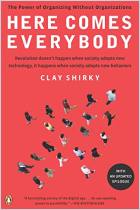


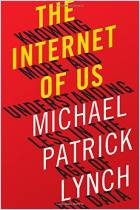
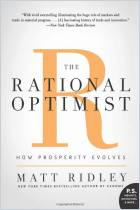
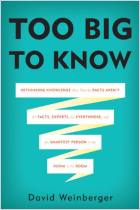
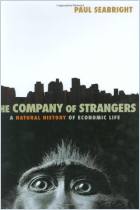

Comment on this summary